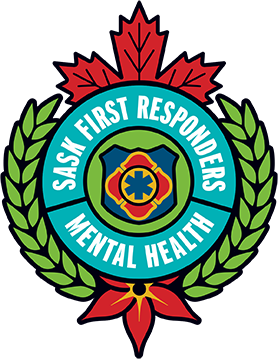
Overview of peer support programs
First responders attend calls and witness events that can cause them to experience strong emotional, physical, cognitive, or behavioural responses. These can be traumatizing and interfere with performance during and after incidents. They also face day-to-day life stressors that are common in many peoples’ lives at work and at home. The compounding effect of life stress and trauma exposure can be detrimental to their mental health.
Often, co-workers who have had similar experiences can provide support and referral assistance through peer support, improving the lives of their peers and helping them towards recovery, empowerment, and hope. Peer support may also reduce the use of formal mental health, medical, and social services, which can reduce the cost of a first responder’s recovery.
Increasingly, first responder organizations are embracing peer support. In its best form, it operates with autonomy and entrusts support workers to make judgments and decisions. Because peer support work can be exhausting and emotionally challenging, care must be taken to ensure that those involved in it have ongoing training and formalized support to prevent burnout and injury.
To read more, download the Overview of peer support programs PDF.
